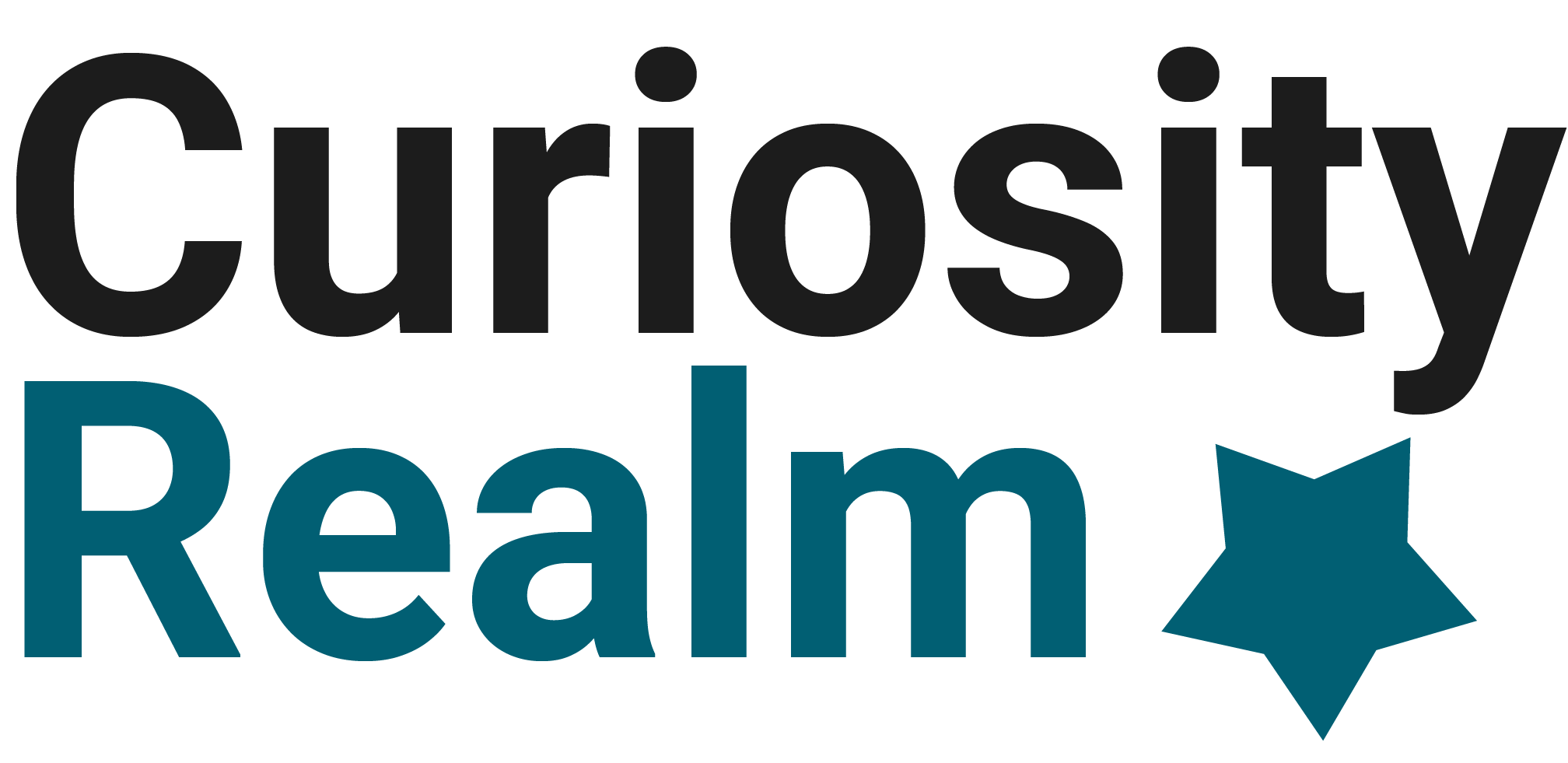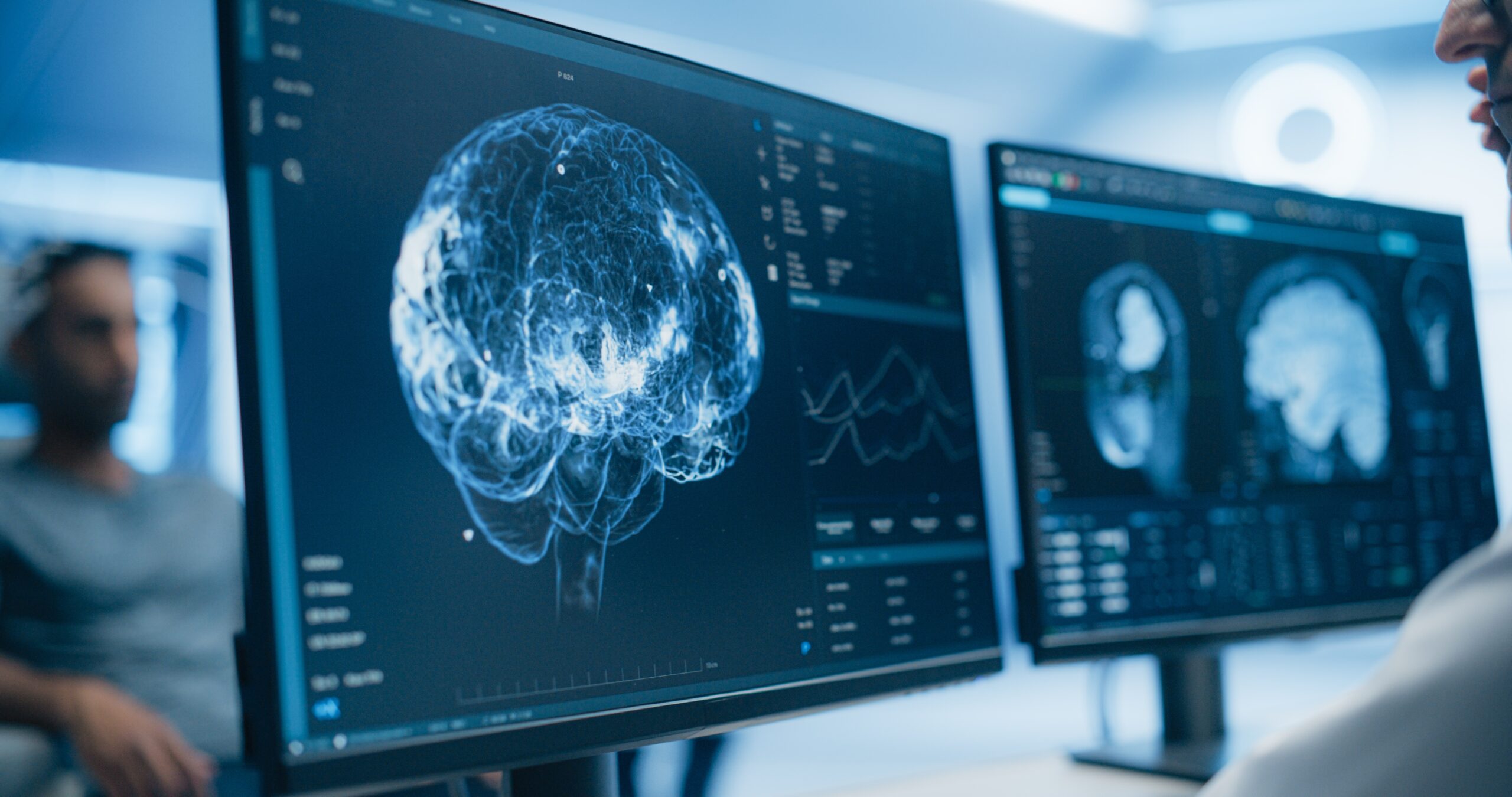Introduction to Erectile Dysfunction
Erectile dysfunction (ED) is a prevalent condition that affects a significant number of men worldwide. It is characterized by the inability to achieve or maintain an erection sufficient for satisfactory sexual performance. While occasional episodes of erectile difficulty are common, persistent issues may indicate a more serious problem that requires attention. ED can impact a man’s self-esteem, relationships, and overall quality of life. Understanding the causes, implications, and treatment options is crucial for anyone facing this condition.
Several factors contribute to erectile dysfunction, including physical health conditions such as diabetes, heart disease, and obesity. Psychological factors like stress, anxiety, and depression can also play a role. Additionally, lifestyle choices such as smoking, excessive alcohol consumption, and lack of exercise can exacerbate the problem. Recognizing these factors is the first step towards effective management and treatment.
The importance of addressing erectile dysfunction extends beyond the physical symptoms. It can affect emotional well-being and intimate relationships. Open communication with healthcare providers and partners is essential in managing the condition. This article aims to explore the various aspects of erectile dysfunction and the aids available to help manage it effectively.
Causes and Risk Factors
Understanding the underlying causes and risk factors of erectile dysfunction is essential in addressing the condition. ED can result from a combination of physical and psychological factors. Physical causes often include cardiovascular diseases, diabetes, high blood pressure, and hormonal imbalances. These conditions can affect blood flow, nerve function, and hormone levels, leading to difficulties in achieving an erection.
Psychological factors are equally important. Stress, anxiety, and depression can interfere with sexual arousal and performance. The pressure to perform well sexually can create a cycle of anxiety and erectile dysfunction, further complicating the issue. Addressing these psychological components is crucial in the holistic treatment of ED.
Several lifestyle factors also contribute to the risk of developing erectile dysfunction. Smoking, excessive alcohol consumption, and a sedentary lifestyle can all negatively impact erectile function. Additionally, certain medications used to treat other health conditions may have side effects that include erectile dysfunction. Being aware of these risk factors can help in making informed decisions about health and lifestyle choices.
By identifying and addressing these causes and risk factors, individuals can take proactive steps in managing erectile dysfunction. This may involve lifestyle changes, medical interventions, or psychological counseling, depending on the underlying factors.
Medical Treatments for Erectile Dysfunction
Medical treatments for erectile dysfunction have advanced significantly in recent years, providing effective options for many men. The choice of treatment depends on the underlying cause of the condition and individual preferences. Oral medications known as phosphodiesterase type 5 (PDE5) inhibitors are among the most commonly prescribed treatments. These medications work by increasing blood flow to the penis, facilitating an erection in response to sexual stimulation.
For those who may not respond to oral medications, other options are available. These include vacuum erection devices, penile injections, and urethral suppositories. Each of these treatments has its own advantages and considerations, and a healthcare provider can help determine the most suitable option.
In some cases, surgical interventions may be considered. Penile implants are a permanent solution for erectile dysfunction, particularly when other treatments have been unsuccessful. These implants can be either inflatable or semi-rigid, providing a mechanical solution to the problem.
It’s important to note that medical treatments should be used under the guidance of a healthcare professional. They can provide valuable insights into the potential side effects and interactions with other medications. Open communication with a healthcare provider ensures that the chosen treatment aligns with an individual’s health needs and lifestyle.
Lifestyle Modifications and Natural Remedies
In addition to medical treatments, lifestyle modifications and natural remedies can play a significant role in managing erectile dysfunction. These approaches focus on improving overall health and well-being, which can, in turn, enhance erectile function.
Regular physical activity is one of the most effective lifestyle changes for improving erectile dysfunction. Exercise improves cardiovascular health, increases blood flow, and boosts mood, all of which can positively impact erectile function. A balanced diet rich in fruits, vegetables, whole grains, and lean proteins supports overall health and can help reduce the risk of conditions that contribute to ED, such as obesity and diabetes.
Quitting smoking and reducing alcohol intake are also important steps. Smoking can damage blood vessels and reduce blood flow to the penis, while excessive alcohol consumption can interfere with sexual performance. By addressing these habits, individuals can improve their sexual health and reduce the risk of erectile dysfunction.
Natural remedies, such as herbal supplements, are often considered by those seeking alternative treatments. While some supplements may offer benefits, it’s essential to approach them with caution and consult with a healthcare provider before use. Not all supplements are backed by scientific evidence, and some may interact with other medications.
Incorporating these lifestyle changes and natural remedies can complement medical treatments and contribute to a holistic approach to managing erectile dysfunction. These strategies not only address the symptoms but also promote overall health and well-being.
Psychological Support and Counseling
The psychological aspects of erectile dysfunction are crucial in understanding and managing the condition. For many men, ED can lead to feelings of embarrassment, anxiety, and depression. These emotions can create a cycle that exacerbates the problem, making psychological support an essential component of treatment.
Counseling and therapy can provide valuable support for individuals and couples dealing with erectile dysfunction. Cognitive-behavioral therapy (CBT) is a common approach that helps individuals identify and change negative thought patterns and behaviors related to sexual performance. This type of therapy can reduce anxiety and improve self-esteem, contributing to better sexual function.
Couples therapy is another valuable resource, as erectile dysfunction can affect intimate relationships. Open communication and mutual understanding can help partners navigate the challenges of ED together. Therapy sessions can provide a safe space to discuss feelings, expectations, and strategies for coping with the condition.
In some cases, addressing underlying psychological issues such as depression or anxiety may require medication or additional therapy. A healthcare provider or mental health professional can guide individuals in finding the most appropriate treatment for their needs.
By addressing the psychological components of erectile dysfunction, individuals can improve their mental health and enhance their overall quality of life. Psychological support, combined with medical treatments and lifestyle changes, offers a comprehensive approach to managing this condition.





